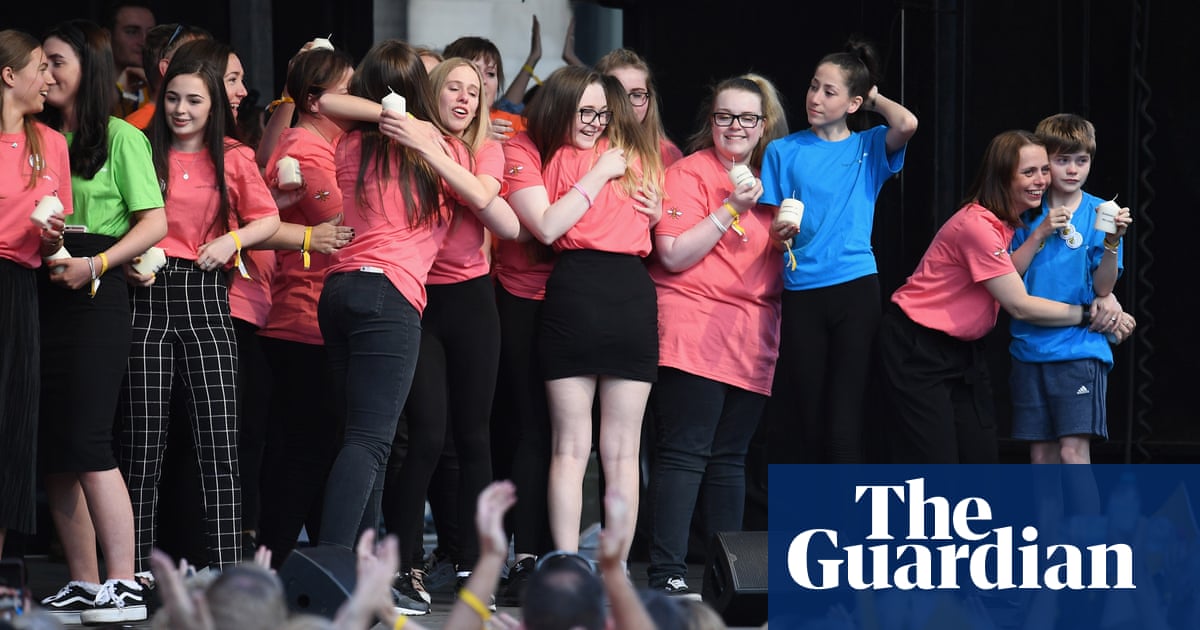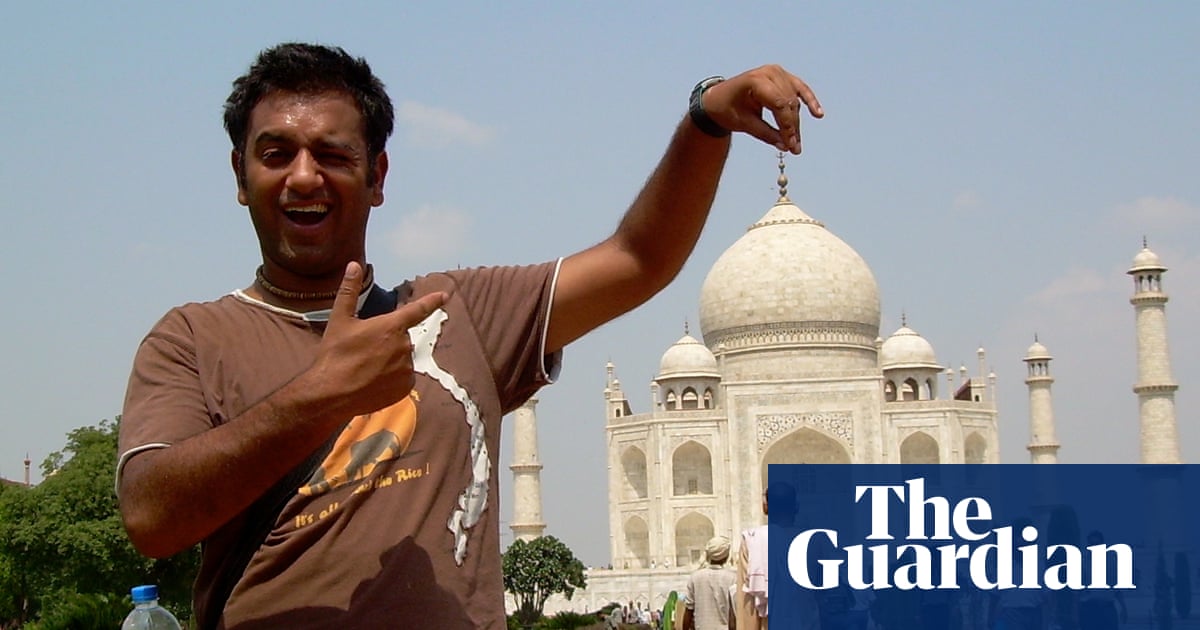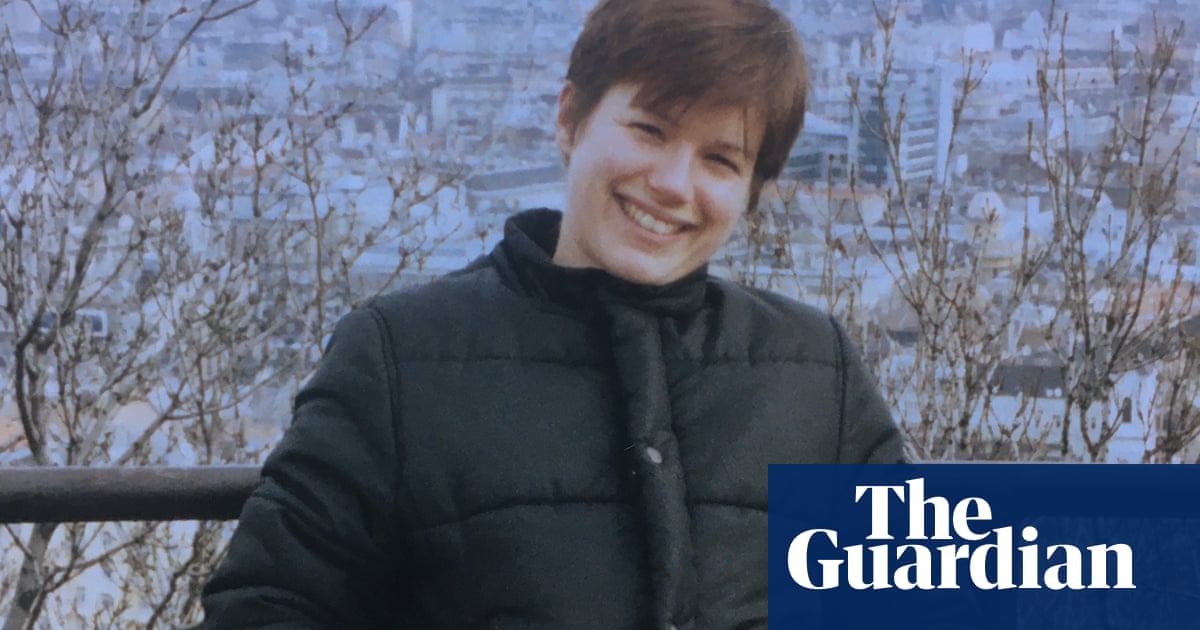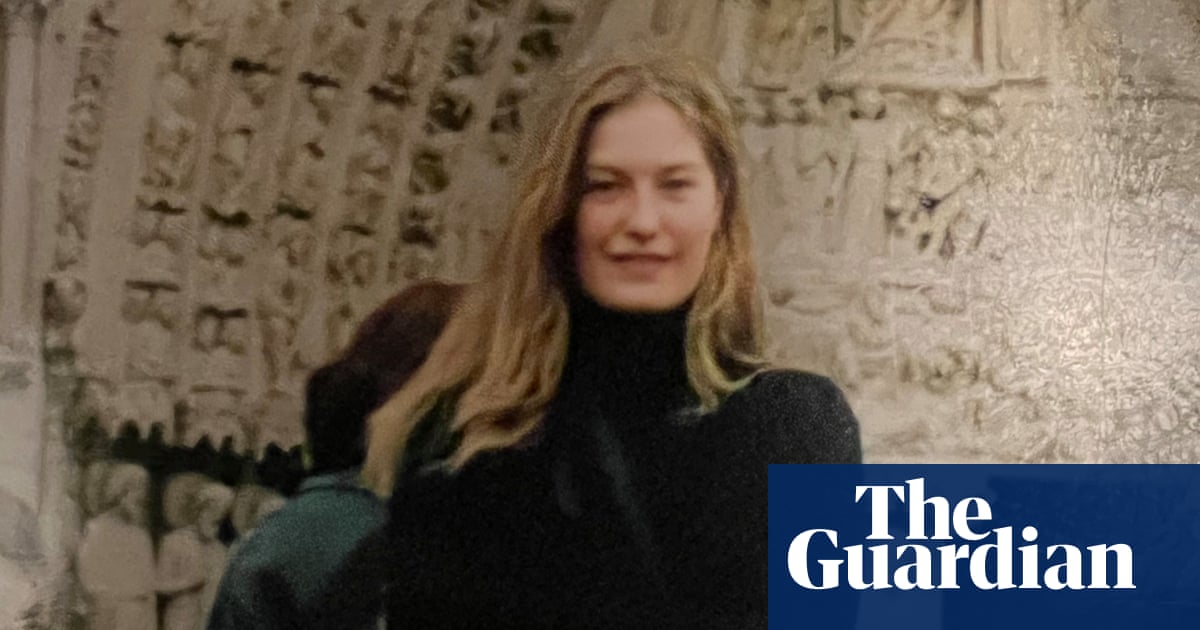
Iwas 19 when, in September 1987, I got a fortnight’s work experience on my local free newspaper, the Kingston Guardian, in south-west London. It was a small but dedicated team of reporters operating out of an office in Twickenham and they were incredibly generous, taking me under their collective wing and sending me out on all kinds of assignments. By the end of the two weeks, I had a handful of bylined pieces and had written my first investigative feature – a tug-of-love dog ownership dispute over a whippet. But the moment that changed me came on the very first day, on a story that I didn’t even write.
The team had suggested I go out in the evening with an older reporter on a “death knock” – going to visit a family after a death. They didn’t call it a death knock and it wasn’t one of those notorious tabloid visits, when a reporter turns up out of the blue and confronts a bereaved family. It had been agreed in advance with the parents of the deceased, a 17-year-old schoolboy who had died in a car accident, not long after passing his driving test. It was the kind of awful, accidental death that happens regularly, all over the country.
The reporter drove us to the house and we rang the bell. I was very nervous at the idea of meeting people suffering such grief. But when the father came to the door, he shook our hands, smiled and welcomed us in. He had been waiting for us and was happy to tell us all about the kind, wonderful young man his son had been. We sat on the sofa and I listened while he talked about his son: what a good person he had been, all his achievements at school, his hopes and plans. I still remember that he had got a place at the University of York, because that was where my brother had studied.
The reporter was kind and professional and took it all down in shorthand. He asked more questions to make sure he had enough details. It probably took about half an hour. When we had finished, the reporter asked if the family had had a chance to think about a photo for the paper to use. Again, they had asked in advance of the visit. The father had remembered the request and had a lovely portrait ready on the mantelpiece, which he handed over. The reporter said he would make sure it was returned to them.
It was very matter-of-fact and very English. The father seemed calm and polite. The reporter was kind and sensitive. I had never confronted death with a stranger before. There were no tears. I felt there might be some small comfort in knowing your child’s life and death were going to be marked and commemorated in the paper. It made me realise how journalists could provide an important service to their community, that they could be welcomed into the home of a bereaved family to help remember a life and record how a loved one mattered.
I have taken that memory into every crime story I have covered. In 2006, while working as a reporter at Channel 4 News, I met the family of 15-year-old Rochelle Holness, who had been murdered by a serial rapist, a man with a long criminal record of violence against women. Her remains had been found in bin bags near his flat. The Sun had published a horrible and untrue story, claiming that police told them she had still been alive when he dismembered her body. The Met police commissioner, Sir Ian Blair, had recently said the press were racist in how they treated black victims and this seemed evidence of that. Rochelle was a black girl from a south London council estate. Would the Sun have speculated in print that way about a white girl?
Rochelle’s mother, Jennifer Bennett, had kept a cuttings book of all the news clippings – even that Sun story. I was determined to counter the cruelty of those lies. In my report, after the killer was sentenced to a whole-life tariff, I interviewed Bennett, talking about what a fun daughter Rochelle had been. I showed a sequence of photos of her – from babyhood to her teenage years. She had been a loved child with her whole future ahead of her. I wanted viewers to know that her life mattered. Just as that 17-year-old boy’s had.
I still have all my early clippings in a cuttings book. The story of that first death knock isn’t in it, of course, as I didn’t write up the report. But it is the experience that made me the journalist I am. Or at least try to be.












